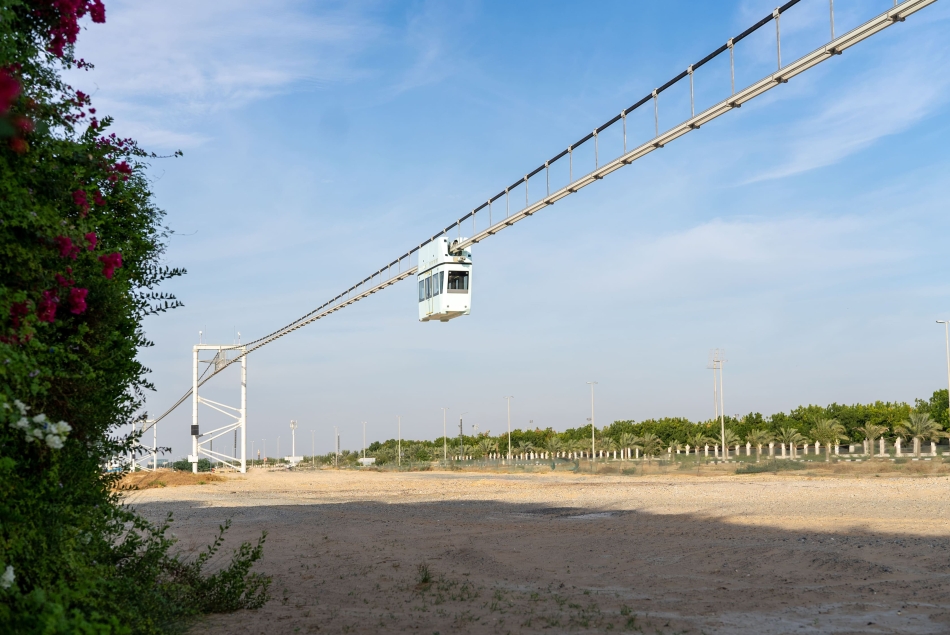Draft Standards for uPods in Belarus Have Been Submitted for Public Discussion

The standards creation process for uPods in Belarus has come to the next stage. UST Inc. projects have been submitted for public discussion to be considered by interested organizations. Earlier, the company's proposals were included in the country's state standardization plan for 2024.
The company builds all uST transport components with due consideration of the regulatory frameworks of the project implementation region. Existing local standards allow building transport and infrastructure complexes in the area where uST technology is already being deployed. At the same time, predicting further developments, UST Inc. is working hard to create its own standards that meet the requirements of the XXI century. Thus, in order to give the status of uST transport in the legal field of Belarus, we are working on the formulation and adoption of the relevant norms.
"Our three draft standards are posted on the website of the State Committee for Standardization of Belarus. We have selected 15 enterprises that are similar to UST Inc. and have experience with the subject matter and objects of standardization. They can publish their comments and suggestions regarding the drafts. Then, we plan to refine the final version and send it for two expert reviews: metrological, and regulatory and technical," said Gennady Zubelevich, Head of the Standardization and Product Certification Department at UST Inc.
To recap, the approved uST technology regulations will include requirements for the safety and purpose of rail electric vehicles.
Establishment of the regulatory framework will:
- Ensure mutual understanding and trust between the developer, manufacturers, suppliers, customers, and users of uST transport;
- Confirm the level of scientific knowledge and technical development of the company's product in the country;
- Identify rail electric vehicles for further conformity assessment;
- Enable the conformity assessment of uPods with respect to national requirements.
More news

News
23 November 2021
Presentation by the uSky R&D Center Became One of the Most Outstanding Events in Expo 2020
The first weeks of Expo 2020 in Dubai have witnessed a special interest to the stand of Unitsky String Technologies Inc. The company has presented string transport and the uSky Innovation Center which has been visited by a great number of top-level guests.

News
11 Junе 2024
uSky Started the Karat Runs with Power Supply from the Track Structure
At uSky Test & Certification Centre in Sharjah, the Karat uBus ran a string rail track for the first time using power from the track.

News
19 February 2025
Visit of UST Inc. Representatives to Saint Petersburg Universities
Employees of Unitsky String Technologies Inc. visited universities in Saint Petersburg. The main purpose of the visit was to develop the scientific and educational direction of the parties, as well as to participate in the International Lean Congress 2025.

